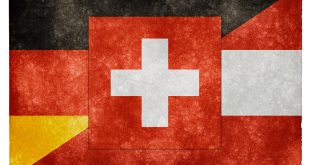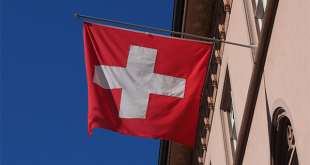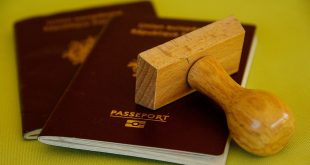Foreigners who formerly studied in Switzerland assured that studying in one of the Swiss universities is the best available option. Today, we will discuss the university application and enrollment requirements in a university in Switzerland.
Check our article about the top 10 universities in Switzerland for international students.
Switzerland has three widely-spread official languages, which are French, German, and Italian. This means that international students will be able to try a whole experience of the European atmosphere and culture in a relatively small country. This is in addition to enriching his/her linguistic skills.
Table of Contents
Is it hard or easy to get admission into a university in Switzerland?
Applying to study at a Swiss university is easy. But candidates have to remember basic pieces of advice before submitting their application, which is the following:
- Switzerland offers a variety of study options. Many of them are significantly focused on research. So, before choosing the selected discipline, you have to gather information about it.
- Check all the study programs for all the university degrees.
- Make sure of all entry requirements for each study degree or program accurately.
- There are often specific admission criteria set for studying medicine, dentistry, and veterinary degrees.
- Search for scholarships in Switzerland, as they are available for international students.
How to Apply for University Studies in Switzerland?
- Fill the application form online on the university website.
- Pay application fees.
- Upload all the documents that support your application before the deadline.
Language Requirements
Switzerland has three official teaching languages: German, French, and Italian.
The teaching language is determined by the university. Additionally, most of the universities offer a wide range of study programs in English. Besides, the most popular study programs among international students are those taught in English, German, and French.
Accepted evidence of proficiency for each language are as the following:
- German: DSH, TestDaF, OSD, or telc.
- French: DELF or DALF
- English: IELTS or TOEFL
If you do not hold a language proficiency certificate, you can take the language test at the university. Then it will decide whether your level is enough to complete your studies or not. Note that this option is not available in all the universities. So, check first with the university.
Swiss Universities Admission Requirements
- A printed copy of your application form
- Two passport photos
- Copy of ID
- Official academic transcript(s) from each university you attended. This is a requirement for the postgraduate students
- High school or Bachelor’s diploma
- Language proficiency certificate
- CV
- Evidence of application fee payment (100 – 150 CHF or 400 CHF for late applications)
- Personal essay/motivation letter, indicating the reason why the student wants to study in Switzerland and in the selected university and discipline
Once your documents are gathered, filled, signed and translated if needed, then you can proceed by submitting your application. Usually, universities in Switzerland have no centralized system for admission, so you have to browse each university’s website to find out any requirements and rules. You, then have to apply directly through the admission portal of the university.
Moreover, if you apply for a doctoral program in a swiss university, you need a letter from a certified supervisor in directing doctoral dissertations who agrees to overlook your research. You need this letter along with your certificates and transcripts, which of course need to be translated in French, English, German or Italian. Some universities may demand an official document from your previous university that explains their grading and assessment system.
Switzerland universities application intakes and deadlines
Deadlines for application to universities in Switzerland are changeable, based on each university. Most of the universities start their academic year in October. Submitting a study application starts by the beginning of May and till the end of September. Late applications are postponed to the next semester.
Like most universities in the West, there are two intakes for which international students can get admission. For the spring intake, academic session takes place from February to June, while for the fall intake, it takes place from September to February. International students, outside the EU/EEA zone, usually apply for the fall intake as there are more spots available than for the spring intake.
After Receiving the Acceptance Letter
If you need a student visa, you have to apply for it as soon as possible after receiving the acceptance letter. It usually takes around one month to get a response from the embassy or consulate.
Moreover, all the foreigners who intend to study in Zurich require a residence permit. You can get it from the local immigration office, within 14 days from your arrival to Switzerland.
Learn more about the student visa application in Switzerland here
Make specific arrangements for health insurance. EU students are automatically qualified for basic medical care in Switzerland, with the European health insurance card. Both EU and non-EU students can either pay for a health insurance policy from their home country before arriving in Switzerland, or purchase one as soon as possible after their arrival.
After discussing the application requirements and process to a university in Switzerland, stay tuned for our next article to complete our journey in Switzerland.




 Aljawaz Your guide to study abroad
Aljawaz Your guide to study abroad















